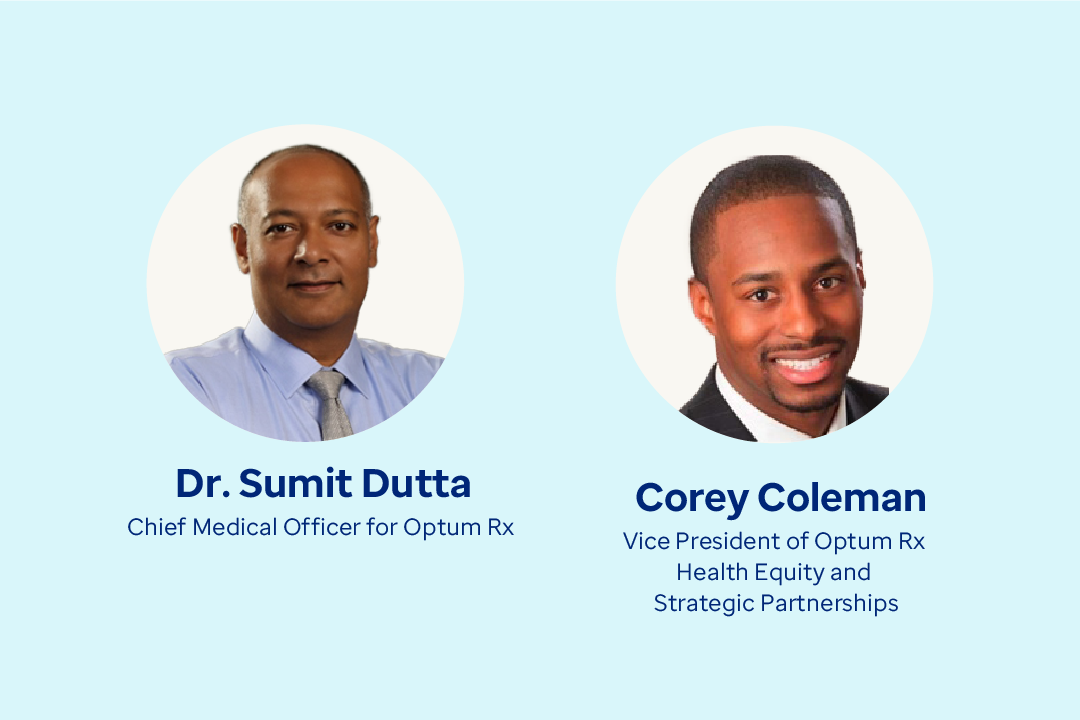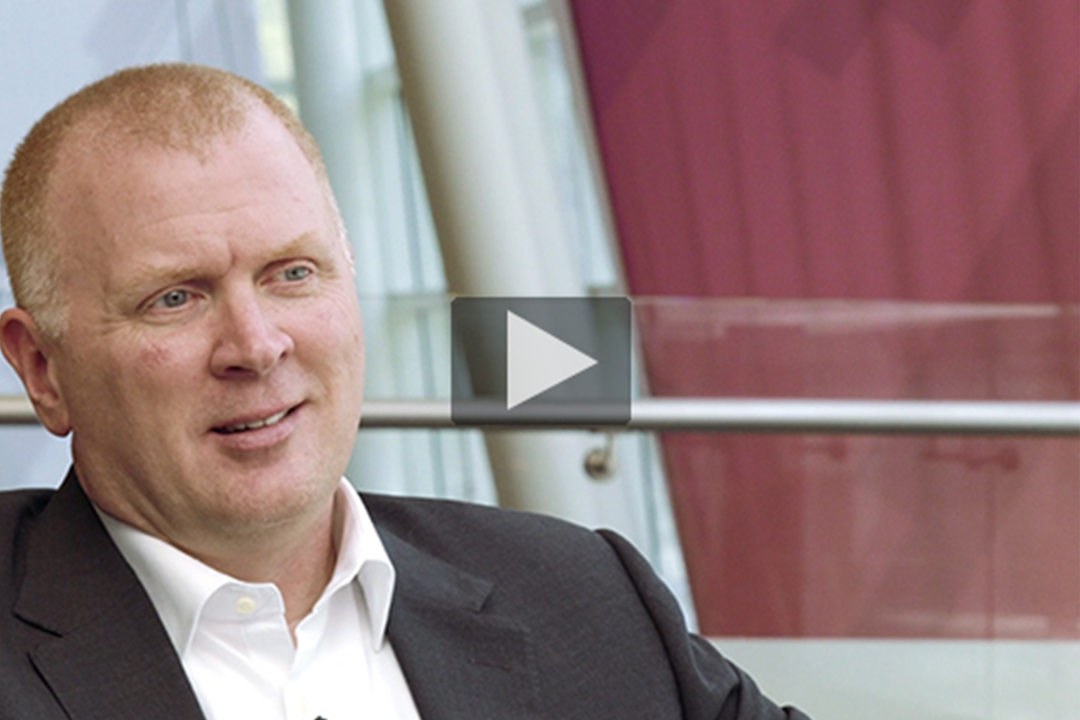Are your employees mentally present at work? Or are they checked out?
Over the past couple of years, many employers have brought their employees back to the office full-time or as part of a hybrid work model. But while employees may have come back, not all have really come back. By that, I mean they may be physically at work, but they may not be mentally engaged.
Mental health issues often interfere with employee work engagement. And according to the World Health Organization, 1 in 8 people are living with a mental disorder.* Understandably, these concerns are linked to lower productivity, which economically impacts both the employee and the employer.
Offering emotional wellbeing solutions to employees supports their emotional health while strengthening your bottom line. But not just any solution will do. The key is to invest in wellbeing solutions that meet employees where they are — solutions for everyday life.
Emotional wellbeing as part of a holistic programme
As the world shifted in the wake of a global pandemic, mental and behavioural health rose to the top of employers’ priorities. New mental health strategies joined mature physical, social and financial wellbeing programmes. But simply carving out emotional wellbeing won’t cut it anymore. Employers need a robust and holistic wellbeing programme that addresses all the needs of employees.
When we bring those aspects together, we offer solutions to the challenges employees and their families face in their daily lives. For example, we can help parents navigate new situations or support caring for elderly parents. Instead of only offering treatment for anxiety and stress, we can provide assistance as employees and their families navigate major life changes.
Offer culturally relevant global solutions
Across their geographic locations, multinational employers want to offer comparable services for their workforce. But that doesn’t mean providing the same services.
How cultures address emotional wellbeing services differs throughout the world. Local laws, practices and cultural norms influence how and what employers can make available. For example, in areas of the world that ban alcohol, counselling options for alcoholism are limited.
Employers can design an effective global wellbeing programme around these nuances and deliver comparable, yet culturally attuned, support for all employees in their local language.
Provide easy access to care when it’s needed
Many people struggle to get seen quickly for mental health concerns. A provider shortage and rising demand lead to long wait times that can feel impossible to someone who needs help now. That’s why the Optum emotional wellbeing solution has different models, some of which guarantee employees and their families can access care in 5 business days or fewer.
We’ve heard employees loud and clear: They want to access help when and where they need it through their preferred method. People of different ages and in different parts of the world access care differently. Our diverse solution provides multiple modalities, including in-person or face-to-face appointments, telephonic sessions, virtual sessions, coaching, and self-help tools and resources.
Integrate emotional wellbeing into your wellness programme
As wellbeing solutions continue to evolve, I believe we will see emotional wellbeing as not just an add-on. Instead, we should consider emotional wellbeing as an integrated part of each person’s overall wellbeing. People’s needs are connected and intertwined, and that’s the way we should approach wellbeing programme design holistically.
Let Optum partner with you to assess where you can enhance your wellbeing programme. We consult with employers, considering industry-leading best practices, your company’s progress so far, and what your employees are saying. We use that data to develop multi-year solutions designed for your global populations. Optum also brings deep knowledge and expertise to recommend ways to close the gaps in your population’s overall health and ensure better outcomes.
Contact us to learn more about creating a holistic wellbeing programme for your employees.
The information provided in this blog post reflects the personal views of the author. The blog post contains general health information and is not a substitute for a doctor’s care.
*World Health Organization. 2022. Mental disorders fact sheet. Accessed 19 June 2023.
Related healthcare insights
Article
Thought leaders discuss the intentional vigilance needed to overcome obstacles impeding better access to healthcare for all.
Video
Learn about the in-depth security capabilities of cloud-native imaging.
Article
Learn from Optum Rx thought leaders how access, affordability and transparency have become imperatives for pharmacy benefit management.



